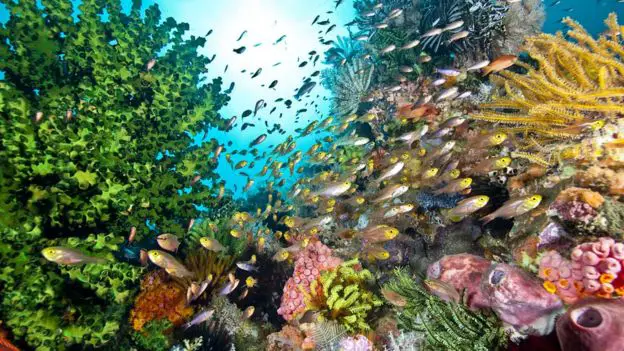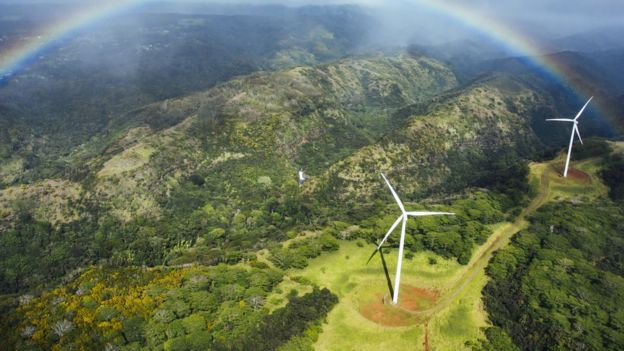10 years ago, 170 countries committed to meeting 20 goals to protect biodiversity and the environment. Now is the time for accountability and the outlook is bleak: none of those 20 goals have been achieved. “The natural world is suffering severely and getting worse,” concludes a recent United Nations report, which assesses the degree of compliance with the agreement.

“The rate of biodiversity loss is unprecedented in human history and the pressures are intensifying,” says Elizabeth Maruma Mrema, executive secretary of the UN Convention on Biological Diversity. “The more humanity exploits nature in unsustainable ways and undermines its contributions to people, the more we undermine our own well-being, security and prosperity.”
What were these goals, why were they not met, and what does this mean for the future of life on earth: We didn’t do our homework!
The agreement that the countries signed is called the 20 Aichi Biodiversity Targets, after the Japanese city where the parties signed their commitment, in 2010. The pact was part of a UN convention and aimed to protect flora and fauna, including preventing the extinction of nearly a million species in the coming decades, a scenario that scientists call the sixth mass extinction, this time caused by humanity.

The goals included:
To reduce the rate of forest loss by at least half
Avoid overfishing and reef degradation
Apply sustainable agriculture
Decrease pollution levels
Control the invasive species that affect ecosystems
Prevent the extinction of endangered species
Conserve water sources
For each of these indicators, the phrase that is repeated the most in the report is “the goal has not been achieved”.
Of the 20 goals, only 6 were “partially” achieved:
Control of alien and invasive species
Protection of land and sea areas
Equitable sharing of the benefits derived from the use of genetic resources
Development of policies to protect biodiversity
Advancement in scientific knowledge about biodiversity
Allocation of financial resources to protect biodiversity
Why were the goals not achieved?
“The actions that have been taken must be significantly expanded,” says Secretary Mrema. In an article in Scientific American magazine, several experts analyze that the failure of the Aichi agreement is due to the fact that countries have found it difficult to address the issue of conservation while at the same time they must focus on their economies and increasing their populations.
David Cooper, the undersecretary of the UN Convention on Biological Diversity, says the poor results are also due to harmful incentives, such as subsidies to the fossil fuel industry and overfishing.
Lack of resources is also a problem, according to the UN. The agency indicates that between US $ 78,000 million and US $ 91,000 million are available annually to finance the protection of biodiversity, but, conservatively, these resources should be in the order of “hundreds of billions of dollars.”
The UN warns that these resources are being overwhelmed by support for industries that are harmful to the environment. “This includes $ 500 billion in fossil fuels and other subsidies that potentially cause environmental damage,” the report says.
The future
The horizon does not look hopeful, but the UN says there is still time to act. Among the actions that can mean positive change, the UN mentions:
a)Keeping climate change close to 1.5ºC above pre-industrial levels, for which the preservation of ecosystems is essential.
b)Achieve transformations in the production of goods and services, especially food, in which there is pressure to convert land into productive areas.
c)Change consumption habits, adopt healthier diets, reduce food waste, optimize energy consumption and the supply of drinking water.

“We know what needs to be done, what works and how we can achieve good results, by building on what has been achieved so far and placing biodiversity at the center of all our policies and decisions, including in post-COVID-19 recovery packages, we can ensure a better future for our societies and the planet,” says António Guterres, Secretary General of the United Nations.

